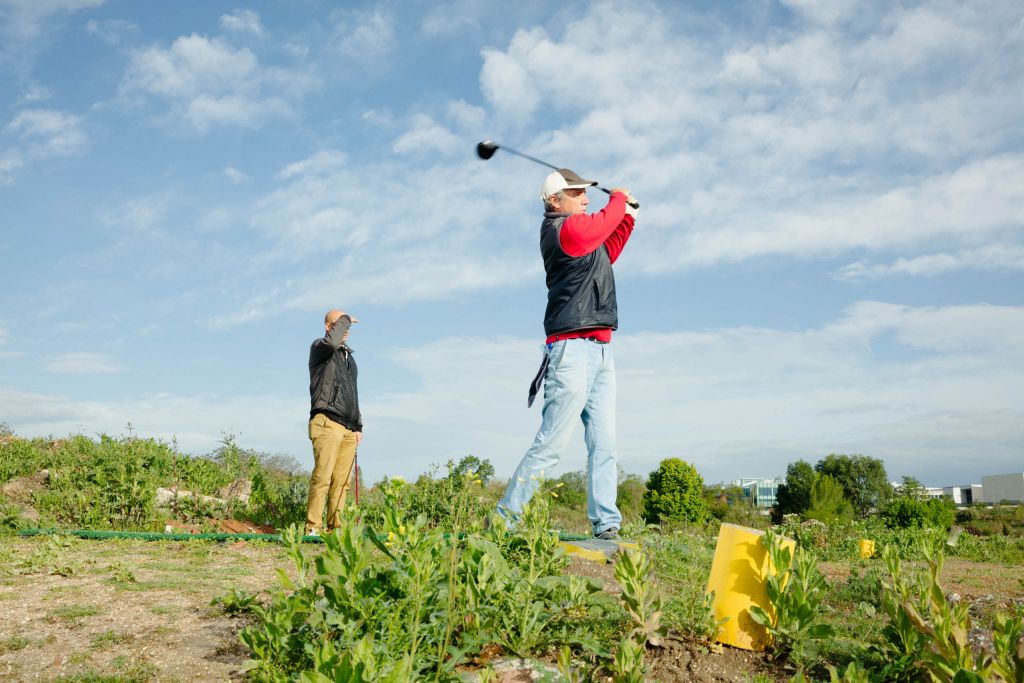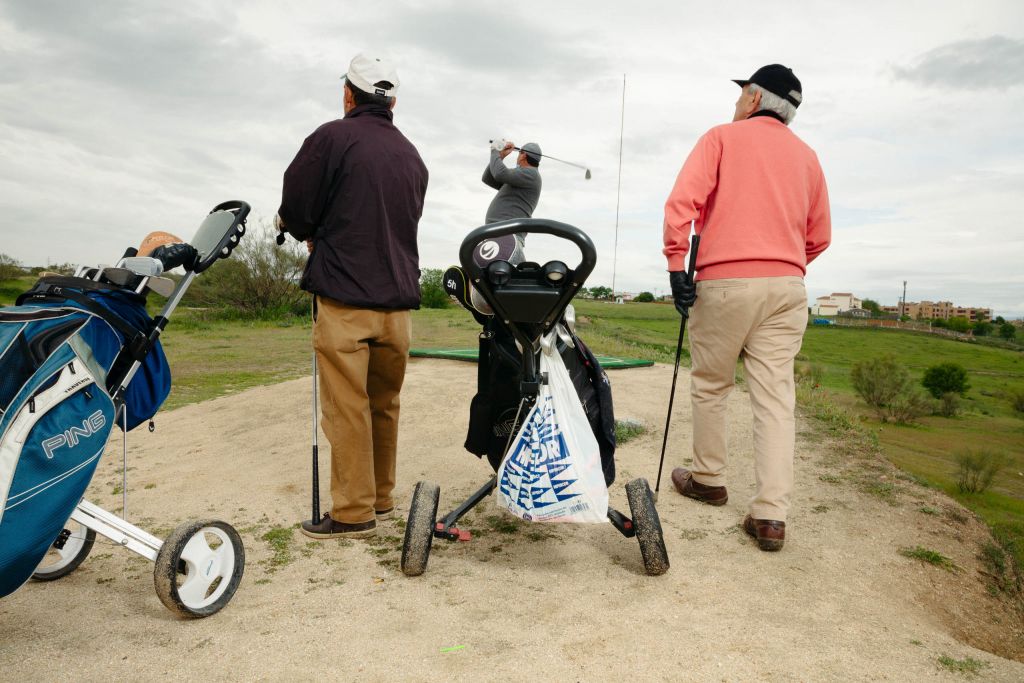You’ve reached your 3 article limit
The Golfer’s Journal is reader supported. Please consider becoming a member to gain access to this and other quality features. Choose a membership plan below.
Premium Membership
Quarterly Delivery of TGJ + Annual Gift + Premium Event Access + Full Benefits
$190
- Quarterly delivery of The Golfer’s Journal
- Annual Gift ($160 value)
- Metal member bag tag
- Access to exclusive member events
- Premium Event Access
- 20% discount on TGJ merchandise & apparel
- Access to The Index Experiment, our community-driven game-improvement initiative
- Exclusive rewards and credits in your personal Member Locker
- Access to the Broken Tee Society community
- Online access to every TGJ feature ever published (including the current issue)
Membership
Quarterly Delivery of TGJ + Event Access + Full Benefits
$90
- Quarterly delivery of The Golfer’s Journal
- Access to exclusive member events
- 10% discount on TGJ merchandise & apparel
- Access to The Index Experiment, our community-driven game-improvement initiative
- Exclusive rewards and credits in your personal Member Locker
- Access to the Broken Tee Society community
- Online access to every TGJ feature ever published (including the current issue)
Global Membership
Digital Delivery of The Golfer’s Journal + Full Benefits
$60
- Online access to every TGJ feature ever published (including the current issue)
- Access to exclusive member events
- 10% discount on TGJ merchandise & apparel
- Access to The Index Experiment, our community-driven game-improvement initiative
- Exclusive rewards and credits in your personal Member Locker
- Access to the Broken Tee Society community
Premium Membership
Quarterly Delivery of TGJ + Annual Gift + Premium Event Access + Full Benefits
$190
- Quarterly delivery of The Golfer’s Journal
- Annual Gift ($160 value)
- Metal member bag tag
- Access to exclusive member events
- Premium Event Access
- 20% discount on TGJ merchandise & apparel
- Access to The Index Experiment, our community-driven game-improvement initiative
- Exclusive rewards and credits in your personal Member Locker
- Access to the Broken Tee Society community
- Online access to every TGJ feature ever published (including the current issue)
Membership
Quarterly Delivery of TGJ + Event Access + Full Benefits
$90
- Quarterly delivery of The Golfer’s Journal
- Access to exclusive member events
- 10% discount on TGJ merchandise & apparel
- Access to The Index Experiment, our community-driven game-improvement initiative
- Exclusive rewards and credits in your personal Member Locker
- Access to the Broken Tee Society community
- Online access to every TGJ feature ever published (including the current issue)
Global Membership
Digital Delivery of The Golfer’s Journal + Full Benefits
$60
- Online access to every TGJ feature ever published (including the current issue)
- Access to exclusive member events
- 10% discount on TGJ merchandise & apparel
- Access to The Index Experiment, our community-driven game-improvement initiative
- Exclusive rewards and credits in your personal Member Locker
- Access to the Broken Tee Society community
Current member offers:

$50 to spend at Holderness & Bourne.
Terms & Conditions

20% off The Stack System, speed training device, a $70 savings.
Terms & Conditions

Receive an additional 15% off existing offers and a free one-year membership at Arccosgolf.com. Terms & Conditions

$70 Off a Short Game Chef Annual Membership. Terms & Conditions
Current member offers:

$25 to spend at Holderness & Bourne.
Terms & Conditions

20% off The Stack System, speed training device, a $70 savings.
Terms & Conditions

Receive an additional 15% off existing offers and a free one-year membership at Arccosgolf.com. Terms & Conditions

$70 Off a Short Game Chef Annual Membership. Terms & Conditions
Current member offers:

$25 to spend at Holderness & Bourne.
Terms & Conditions

20% off The Stack System, speed training device, a $70 savings.
Terms & Conditions

Receive an additional 15% off existing offers and a free one-year membership at Arccosgolf.com. Terms & Conditions

$70 Off a Short Game Chef Annual Membership. Terms & Conditions




























